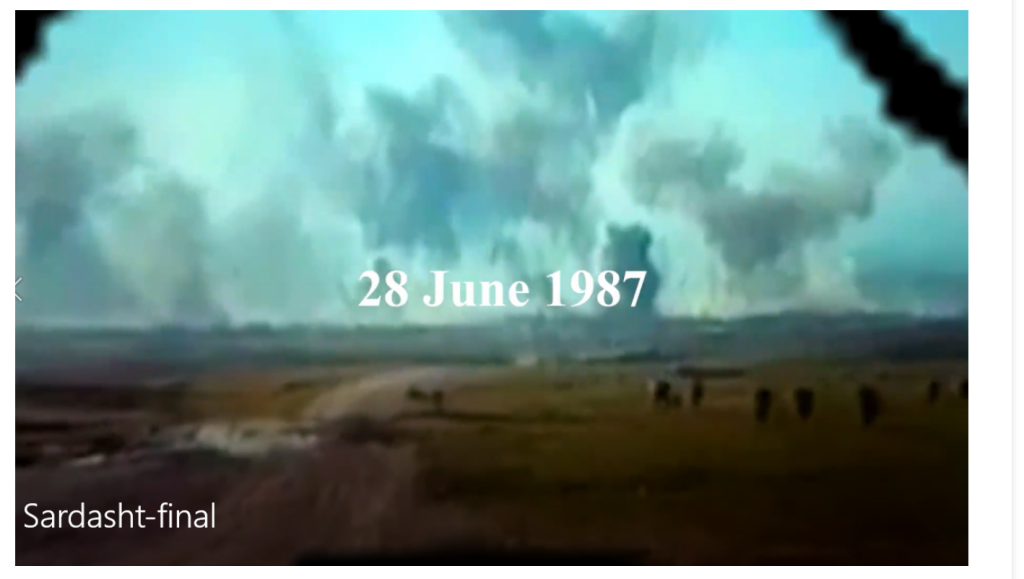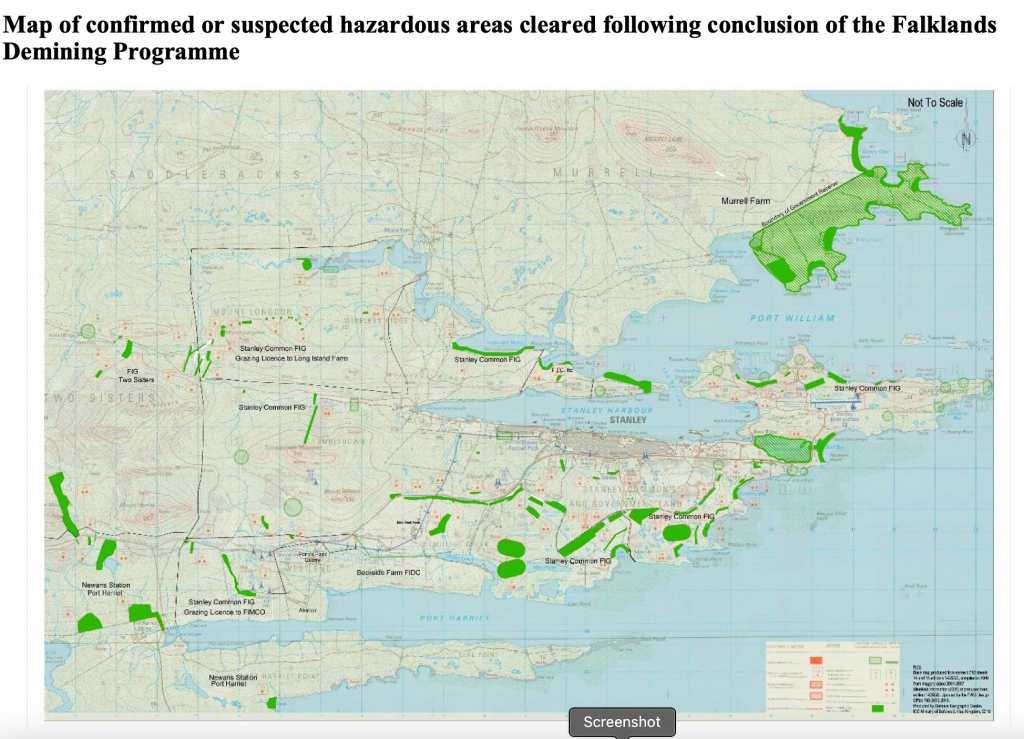Iran’s MFA posted a video about the 1987 chemical weapons attack. The OPCW also had some commentary. Below is a screen shot. You can play the whole thing here.


One doesn’t always see this kind of candor:
This unveiling was a direct response to some recent rhetoric, and remarks made by the Zionist regime and the US. Tel Aviv and Washington claimed to be ready to take a military action against Iran.
There was an exchange in the British Parliament about protesting:
Sir Julian Lewis: I have a lot of time for the right hon. Gentleman, but I think his memory is playing him false. I also remember the Countryside Alliance protest marches, and I believe they were organised in full co-operation with the police. It was similar with most of the Campaign for Nuclear Disarmament protests on the other side of the political spectrum. We are talking here about people who act unilaterally to obstruct others from going about their lawful business. The Countryside Alliance did not do that, so far as I recall
Mr Carmichael: The right hon. Gentleman is actually correct in his recollection but also incomplete, because not all those protests were organised by the Countryside Alliance. I can remember the night when this House debated the Second Reading, and it was impossible for Members of this House to get on to the parliamentary estate because of the violence going on in Parliament Square. So if we are to take a view on the right to protest, that view must apply equally across the board to everybody, of whatever political persuasion, instead of simply, as we seem to be doing today, focusing on one aspect.
John McDonnell: The right hon. Member for New Forest East (Sir Julian Lewis) forgets that, when he was a member of the Labour party, he used to blast out very loud music at CND marches down Whitehall—he most probably would have been arrested by now.
The EU issued this statement on June 7:
The EU takes note that the Agency and Brazil have engaged on technical discussions in relation to an arrangement under Special Procedures pursuant to Article 13 of the Quadripartite Safeguards Agreement (QSA) between Argentina, Brazil, the Brazilian-Argentine Agency for Accounting and Control of Nuclear Materials (ABACC) and the Agency. We also note that the Agency, upon Brazil’s invitation, has been able to visit relevant facilities together with ABACC and that it foresees the continuation of technical consultations. We welcome such cooperation and can only encourage further sharing of information, notably under Article 40 of the QSA and Code 3.1.2 of the Subsidiary Arrangements (General Part) thereto.
From this 1998 article:
In 1974, when India exploded its first nuclear device, the primary aim was, as the then AEC chief Homi Sethna put it, “Just to see whether we can do it.”
China’s mission to the UN circulated some presentations by Tariq Rauf, Laura Rockwood, and Anton Khlopkov on INFCIRC 153 and AUKUS.
From this piece:
the team’s code names had been chosen way back in the winter of 1995 when it had come together to conduct three nuclear explosions. They had to be aborted because news of the preparations leaked out and then prime minister P.V. Narasimha Rao backed down in the face of international pressure. The bomb team put together in 1995 was not disbanded.
Credible Minimum Deterrence. From ISPR on May 28:
Today, the complete Pakistani nation celebrates the Silver Jubilee of Youm-e-Takbeer and commemorates the remarkable achievement of establishing Credible Minimum Deterrence. This achievement has reshaped the power dynamics in our region. Armed Forces pay rich tribute to the brilliant minds who conceived and achieved this accomplishment under daunting challenges. We salute the scientists and engineers who turned the impossible into a reality. Long Live Pakistan.
This document contains a detailed account of the UK’s demining efforts in the Falklands – a subject about which I knew nothing.

From this interview:
Q: How much nuclear warhead is enough for a country like India? Are there any criteria to determine this?’
A: There is no point talking about numerical superiority, the important point is whether we have been able to create a credible deterrence and the answer is yes. We must ensure that our posture, our policies deter the adversaries from using the weapons of mass destruction. I don’t think any one of us wants to get into this arms race.